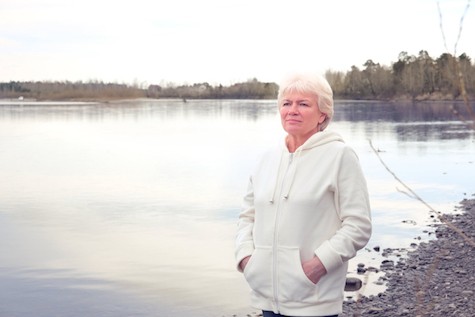Age pension fails to meet retirement needs New research has found most Australians believe the age pension is insufficient to fund their retirements, with larger superannuation balances and access to professional financial advice linked to higher levels of financial well-being instead.
. The “National Seniors Social Survey”, conducted by National Seniors Australia in conjunction with investment manager Challenger, found 90 per cent of respondents reported the age pension alone was not enough to guarantee a basic lifestyle in retirement. Half of those surveyed suggested singles would need an additional $10,000 a year above the age pension rate and couples $15,000 more to achieve a basic lifestyle. Superannuation savings, followed by the age pension, were the most common sources of retirement income. Among those relying solely on the age pension, only 25 per cent felt financially comfortable. Additionally, the survey showed financial security was more prevalent among those with higher superannuation balances. Just 50 per cent of respondents with less than $350,000 in savings, including super, felt comfortable, compared to 84 per cent of those with $350,000 or more. Access to financial advice was also a critical factor. Nearly half of respondents (46 per cent) had sought advice on their financial situation and those who had were more likely to feel financially secure, had already retired and owned their homes outright. Cost (32 per cent), concerns over the independence of advisers (29 per cent) and difficulties finding an appropriate practitioner (20 per cent) were cited as the main barriers to seeking financial advice. “We found that calculating aged-care costs was the topic most people wanted financial advice about. Older Australians feel anxious about the prospect of needing aged care and the unknown costs associated with it,” National Seniors Australia chief executive Chris Grice said. “We must ensure seniors are not left to navigate these challenges alone without adequate guidance or resources.” More than half of respondents (60 per cent) expressed concerns about paying for aged care, with 27 per cent worried they might have to sell their homes and 24 per cent fearing they would need to dip into their savings to finance these costs. Respondents were also asked whether they would consider investing in an option that provides a guaranteed income for life, with almost half (46 per cent) replying they would consider it for at least part of their retirement income. The online survey gathered responses from about 5000 Australians aged 50 and over in February.
September 25, 2024 |
Latest Financial Planning News

